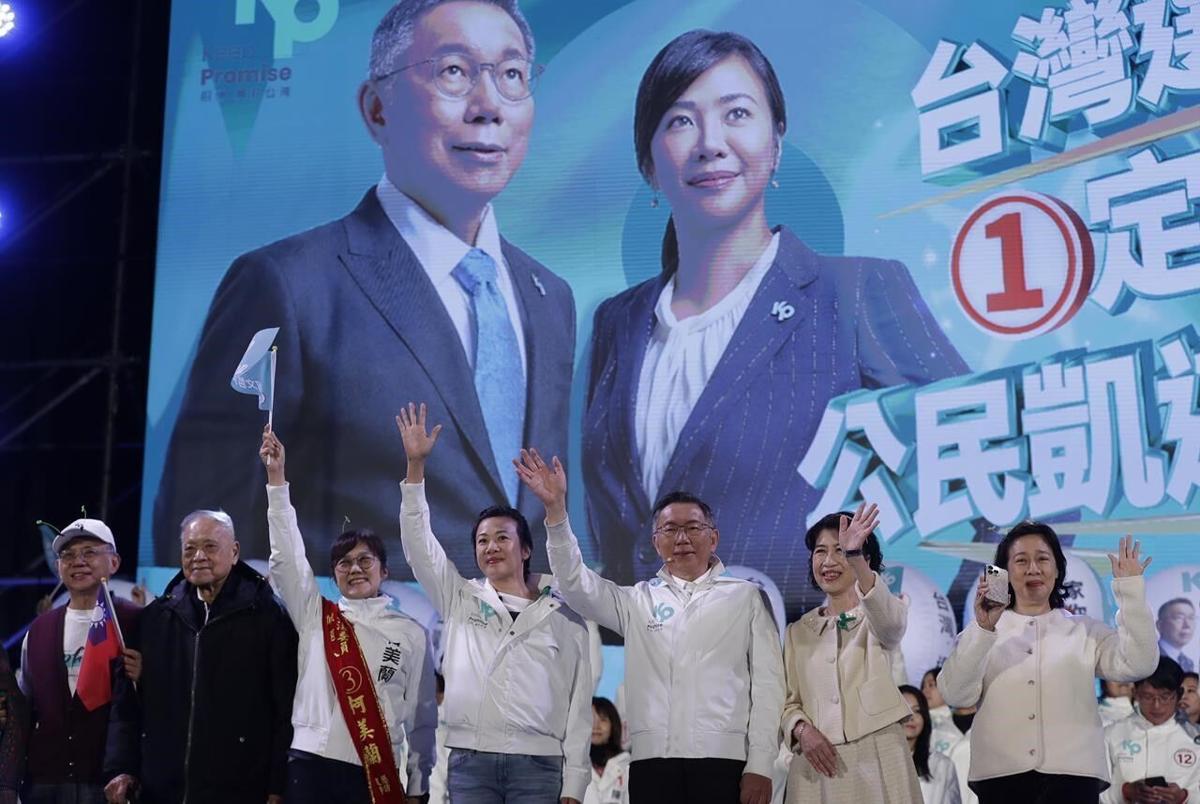Introduction
In January 2024, Taiwan will witness a crucial presidential election that will shape the island’s future in the face of escalating tensions between China and the United States. As the stakes continue to rise, both the ruling Democratic Progressive Party (DPP) and the opposition Kuomintang (KMT) have outlined opposing strategies to address the cross-strait issue. While the DPP leans towards bolstering relations with the US and its allies, the KMT seeks to reopen dialogue with China. This article delves into the implications of Taiwan’s upcoming election, the contrasting strategies proposed by the two major parties, and the potential consequences for Taiwan’s sovereignty and democracy.
The Importance of Taiwan’s Presidential Election
The geopolitical landscape surrounding Taiwan is fraught with tension. The CIA has warned that China’s President Xi Jinping aims to prepare the country’s military for a potential invasion of Taiwan by 2027. Consequently, the outcome of Taiwan’s presidential election will significantly impact the island’s strategy to prevent such an invasion and safeguard its sovereignty and democracy.
Contrasting Strategies: DPP and KMT
The DPP advocates for independence and strengthening ties with the United States and its allies. They propose bolstering military deterrence through increased defense spending and reform. On the other hand, the KMT favors unification with China and aims to relieve tensions by reopening dialogue based on the belief that both sides of the strait belong to one country. The KMT frames the election as a choice between “peace or war,” while the DPP emphasizes it as a choice between “democracy or autocracy.”

China’s Stance and Actions
China has made its preference clear by labeling the DPP as “separatists” and imposing sanctions on its leaders. Over the past eight years, Beijing has escalated its “grey zone” activities against Taiwan, which fall short of full-scale warfare but test Taiwan’s defenses. These activities include cyber-attacks, disinformation campaigns, and airspace incursions. China’s response to Nancy Pelosi’s visit to Taiwan in 2022 exemplifies its aggressive approach, as it fired missiles over the island in a mock blockade.
Potential Consequences of a DPP Victory
Should the DPP’s candidate, William Lai, win the election, China may respond with a similar show of force or escalate tensions further. This could lead to a longer blockade, interference with Taiwan’s internet, or more crises in the Taiwan Strait. China perceives the DPP’s victory as a threat to its interests, and it is likely to continue its military buildup and pursue forceful unification if Taiwan does not yield its sovereignty peacefully.
The KMT’s Promises and Risks
In contrast, a KMT victory may temporarily reduce tensions in the short run. The KMT has engaged in cross-strait exchanges and sent senior leaders to meet mainland Chinese officials. Improved relations with the mainland, including the lifting of bans on Taiwanese agricultural products, could be showcased as evidence of the KMT’s ability to deliver on its promises. However, this scenario poses risks as well. Taiwan could be lulled into a false sense of security during a critical period when it should be preparing for potential war.

The KMT’s Defense Strategy
Hou You-yi, the KMT’s candidate, claims to be committed to Taiwan’s defense. However, he has also expressed intentions to roll back Taiwan’s recent conscription reform, which aimed to extend the service period from four months to one year by 2024. Moreover, he has accused the DPP of inciting tensions with China and suggested that a KMT-led Taiwan would no longer face a Chinese threat. While this promise may sound appealing, it fails to acknowledge the reality of China’s ambitions and the necessity of Taiwan’s military preparedness.
Tsai Ing-wen’s Pragmatic Approach
Taiwan’s current president, Tsai Ing-wen of the DPP, has adopted a more pragmatic and realistic approach in addressing the threat from China. She has emphasized the need for unity and preparedness to prevent war. Tsai’s message to the Taiwanese people underscores the importance of being ready to defend the island’s sovereignty, even as efforts are made to prevent conflict.
The Role of Taiwanese Voters
The aftermath of the 2024 election will reflect the readiness of Taiwanese voters to unite and prepare for potential conflict. The decision they make will have significant implications for Taiwan’s future as it stands against the growing dragon of China.

Conclusion
Taiwan’s upcoming presidential election carries immense weight as tensions between China and the United States continue to escalate. The DPP and KMT present contrasting strategies, with the former emphasizing independence and strengthening alliances while the latter focuses on unification and dialogue with China. China’s preference is clear, as it has increased its aggressive actions against Taiwan under DPP leadership. The potential consequences of either party’s victory are significant, and Taiwanese voters must carefully consider the future of their sovereignty and democracy in the face of a looming dragon. The unity and preparedness of the Taiwanese people will be crucial in determining the path forward.
